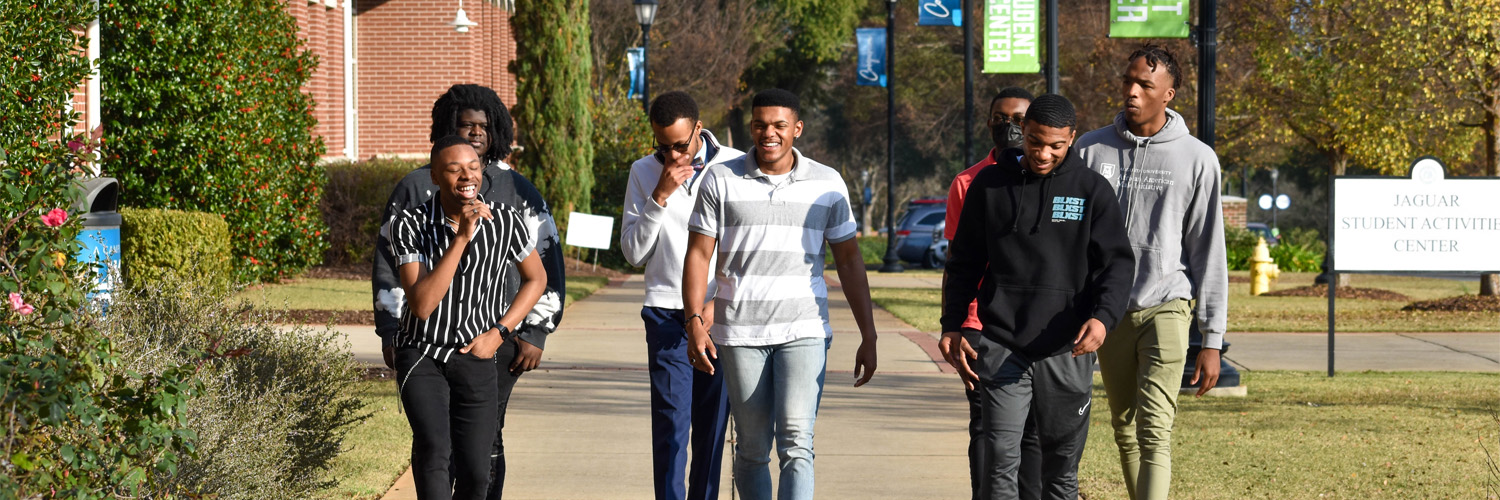
In 2001, the Board of Regents (BOR) conducted a wide-sweeping benchmarking study that included an assessment of the demographics of the System's enrollment. That benchmarking study identified extensive gaps in postsecondary attainment between African-American men and peer groups of African-American women and other student populations.
In 2002, the African-American Male Initiative was formed as a qualitative and quantitative research study at three institutions. The study’s purpose was to identify the barriers to college attendance and graduation for African-American males. The research suggested that many college-aged African-American males felt alienated from mainstream campus life. Most colleges and universities failed to engage African-American male students in educationally enriching experiences inside and outside the classroom. There was no sense of inclusivity, of being able to talk to staff and peers who could relate to their unique experiences, so they dropped out.
In April 2003, the Board of Regents approved six grants to USG institutions to initiate or expand programs aimed at enhancing the participation of African-American males. They were:
From 2003 through 2005, the board invested significantly in pilot programs serving African-American male middle school, high school and college students throughout Georgia. In addition, many USG institutions implemented self-funded efforts in support of AAMI’s goals.
Following the pilot program, AAMI evolved into a program focused on undergraduate student achievement and have been continuously funded by the BOR, along with generous contributions from the Lumina Foundation (2006 and 2009) and the United Way of Greater Atlanta (2013).
Data collected by the University System of Georgia’s Office of Research and Policy Analysis reflects significant increases in the enrollment, retention and graduation of African- American males within the USG. In fact, African-American male enrollment has climbed by 84.04 percent from 17,068 students in Fall 2002 (program inception), to 31,413 in Fall 2017. Further, the number of bachelor degrees conferred increased 193.27% from the inception of the program (1,294 in 2003 to 3,795 in 2018).
African American Male Initiative
Summerville Campus
Jaguar Student Activities Center
2500 Walton Way Augusta, GA 30904
706-729-2098
In 2018, the USG’s AAMI began a new phase, known as AAMI 2.0 with programs on USG campuses across the state. The program has an intentional mission to provide an Integrated Program Model of academic and social tools that support students adopting a positive mindset to successfully complete classes, elevate their cumulative GPAs, matriculate through each academic level and graduate.
These benchmarks are achieved through the implementation of customized programming that is aligned with the AAMI Integrated Program Model. The model includes four key components:
Academic Skills Enrichment
Student Support Services
Adult & Peer Mentoring
Leadership Development
AAMI is committed to significantly increase the GPAs and graduation rates of African-American males in the USG, blending its focus with that of the USG’s Momentum Year and Complete College Georgia.
Ms. Wanda Gross
Dr. Shareen Clement
Shontrea Hogans, M.Ed
Ms. Laverne Felix
